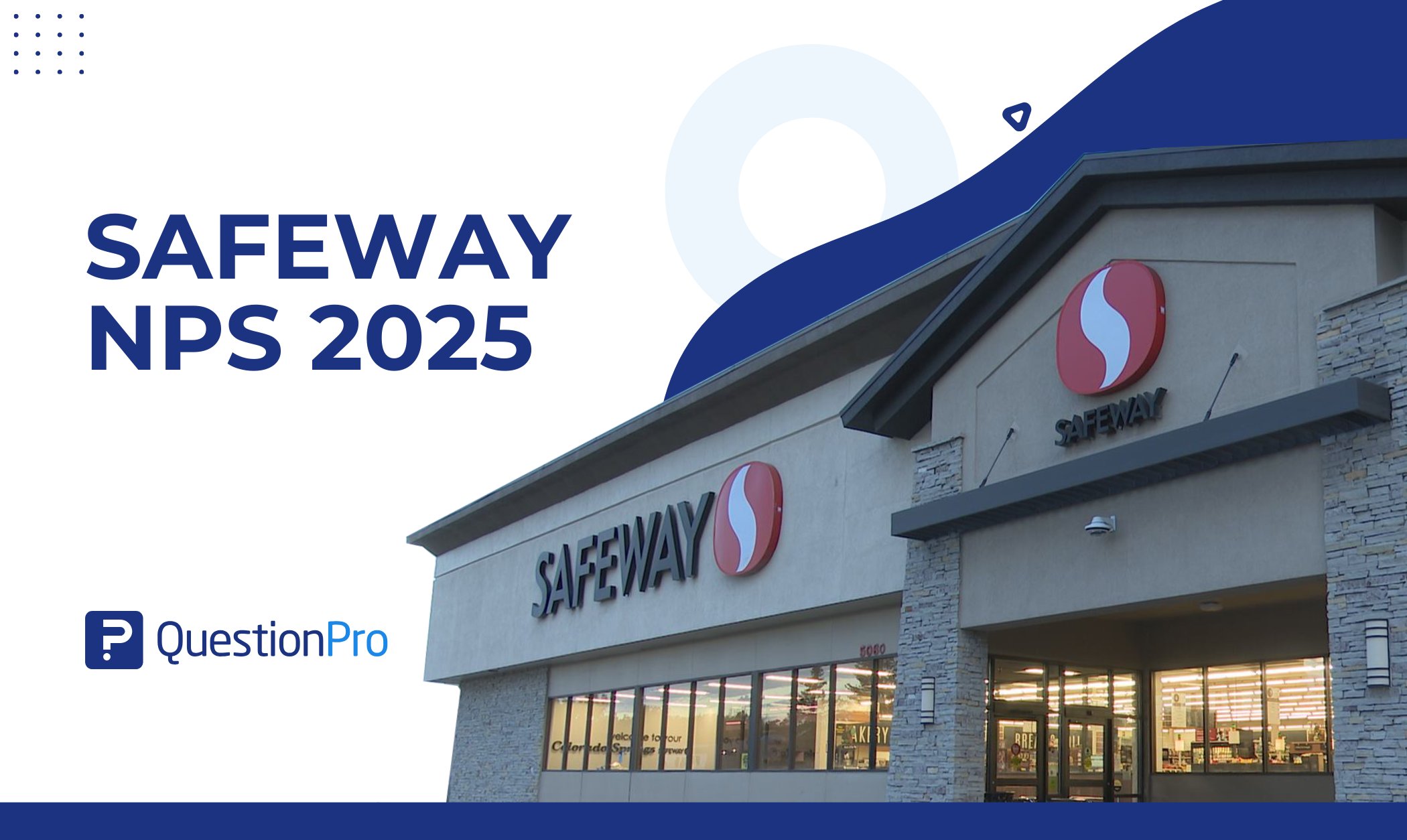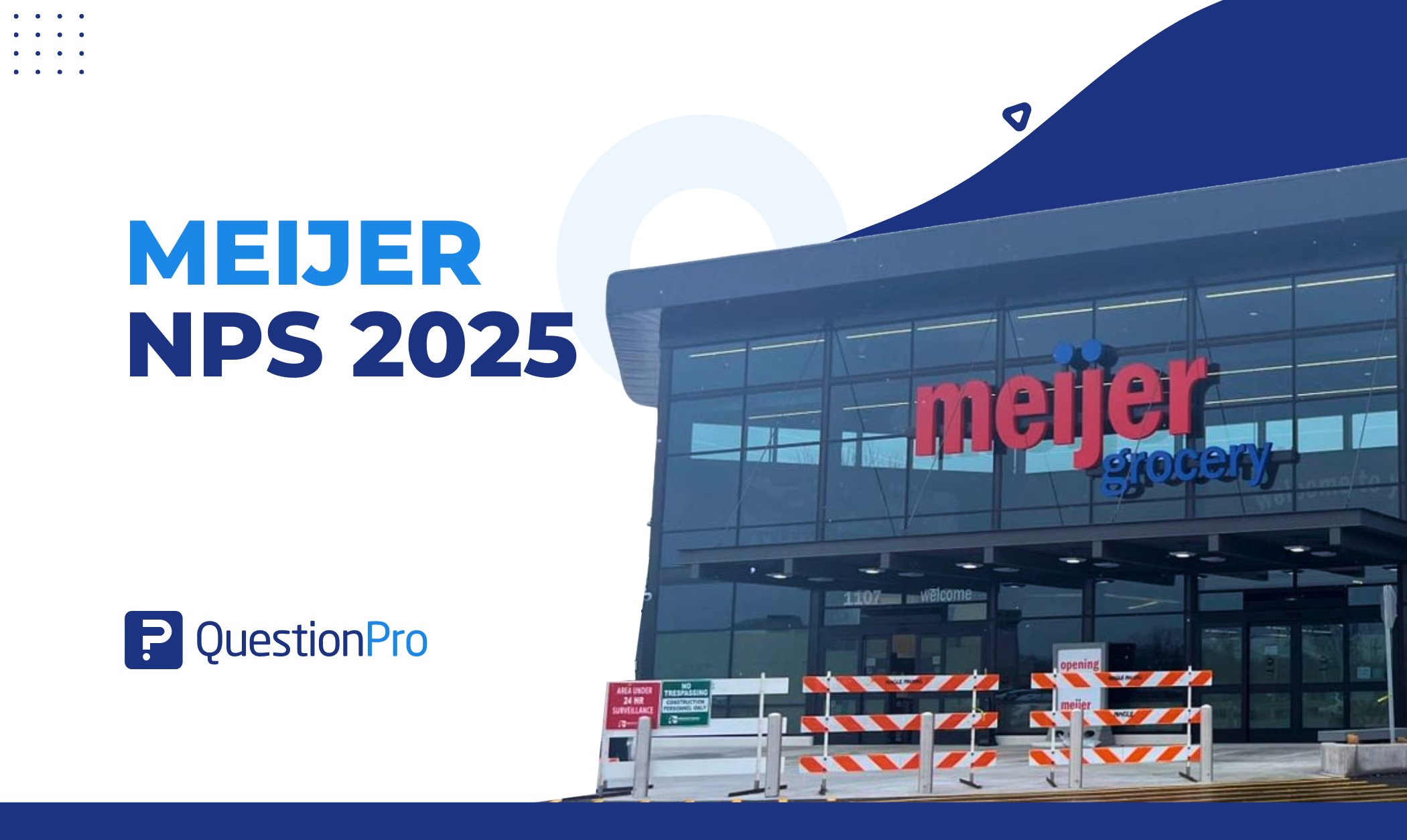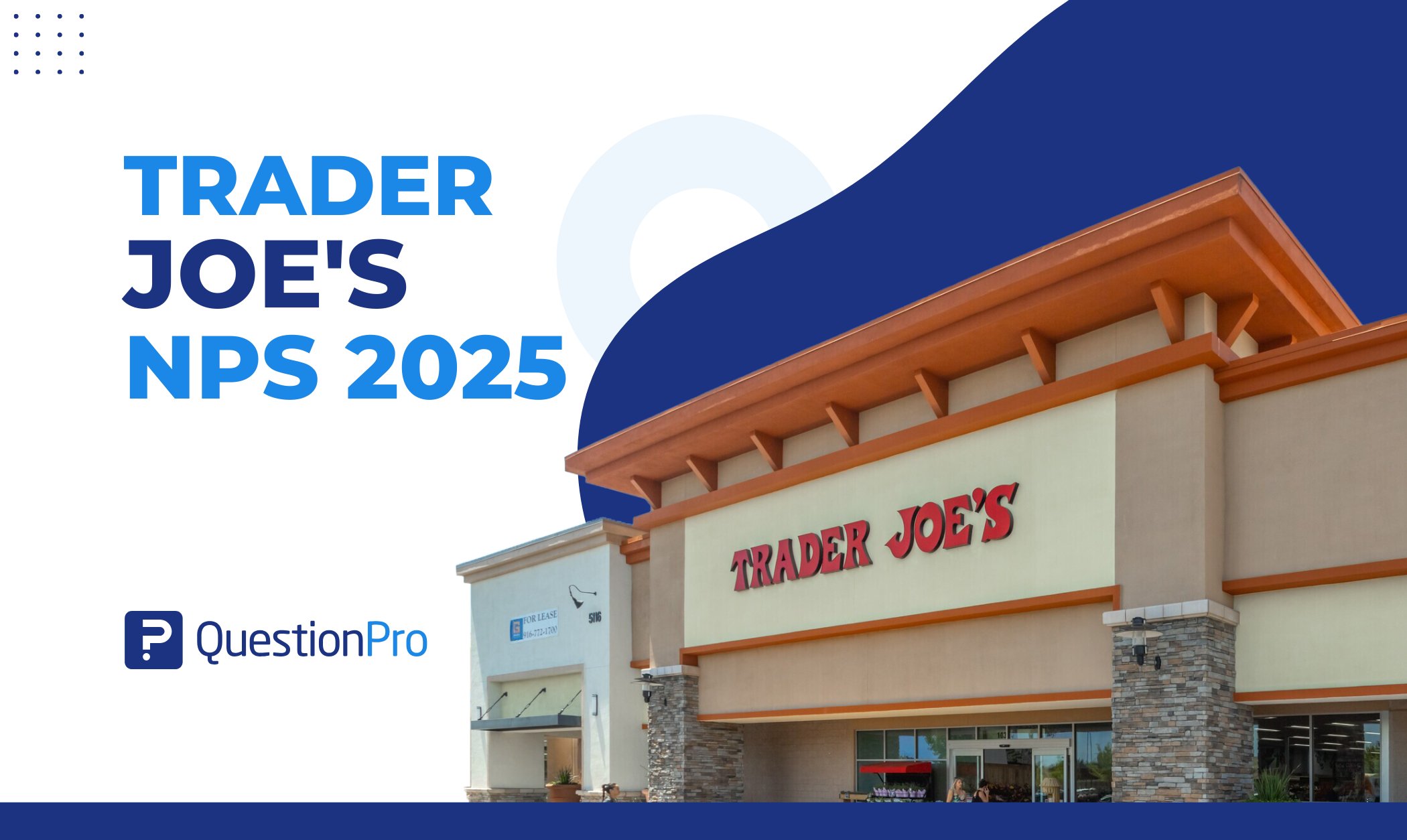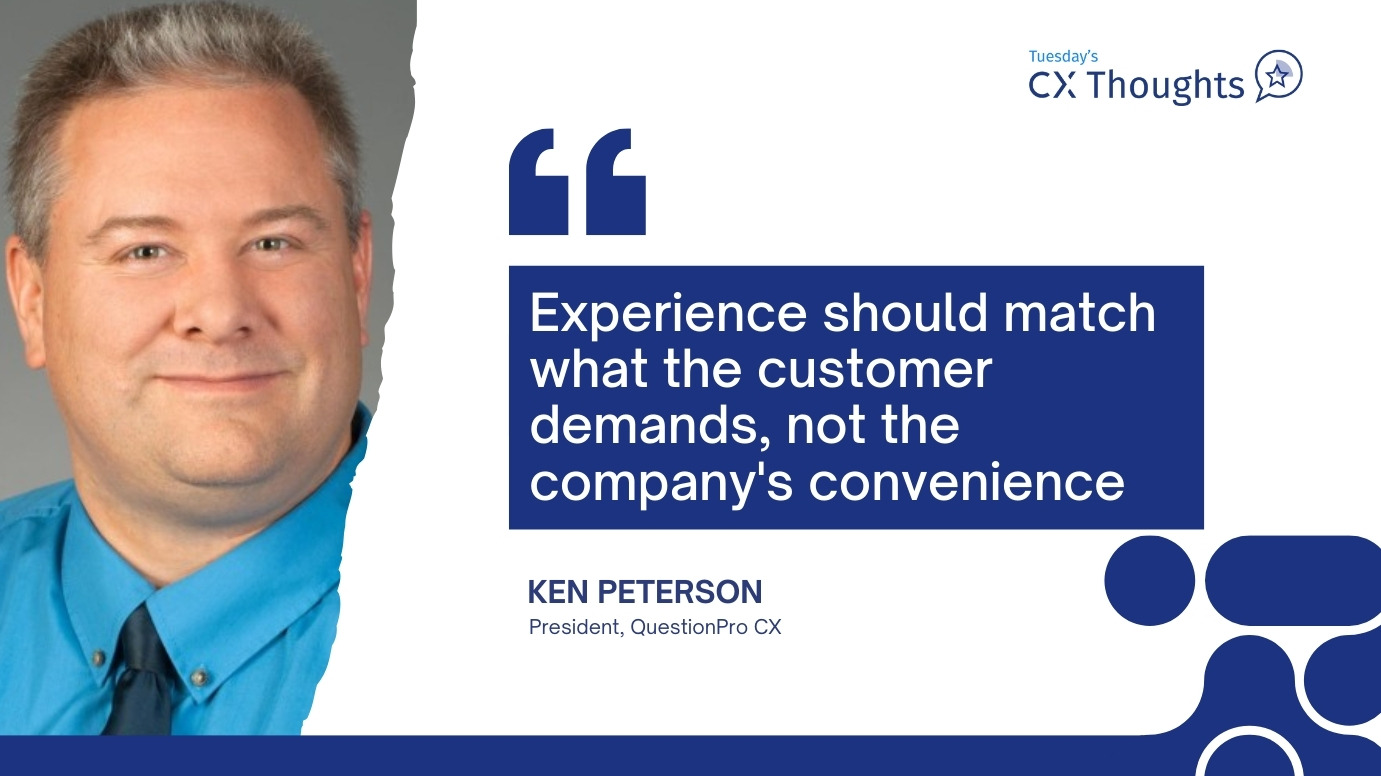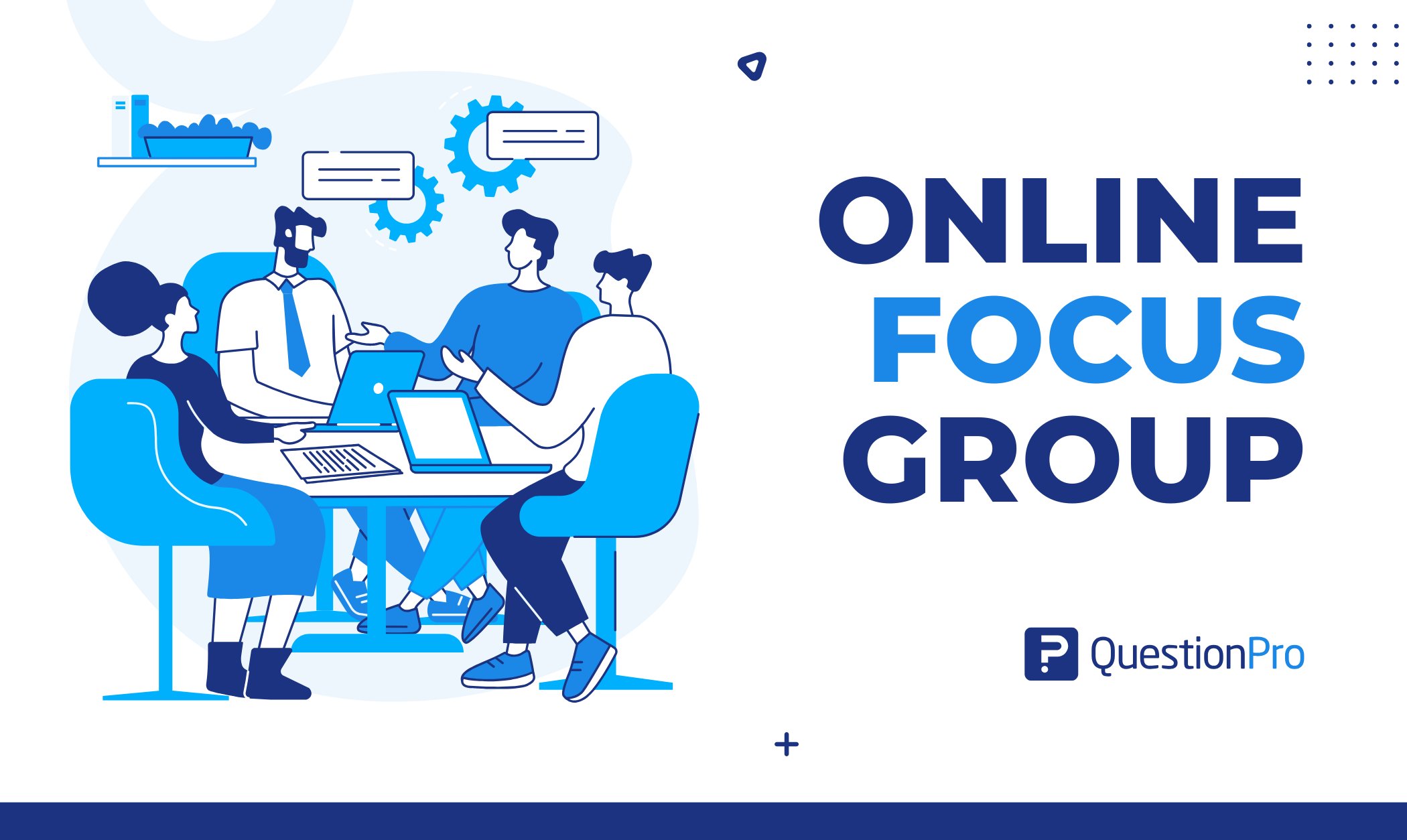
The online focus group software has become very popular with organizations looking to conduct market research, thanks to the great results that can be obtained from this small segment of people.
The information obtained when using a smaller number of participants in the virtual focus groups is more robust and allows for exploring consumers’ unconscious or often unexpressed preferences.
Focus group participants have also become more diverse to reflect a globalized and interconnected audience. This requires greater awareness on the part of the participants, which makes them feel welcome to share their true opinions during the research process.
What is An Online Focus Group?
An online focus group is defined as a focus group conducted via the internet with the help of an online focus group software. A virtual focus group is one of the newer online research methods used primarily to conduct business, consumer, and other research that needs online qualitative research.
Online focus group research is now widely used by brands, organizations, and researchers alike that cannot conduct offline focus groups or would better like to manage qualitative insights. To perform it efficiently, you need to leverage a tool like online communities that best help you manage your online qualitative research.
Examples of Online Focus Groups
Many brands and market research companies are shifting their strategies by moving from traditional in-person focus groups to paid focus groups conducted online. This transition allows them to reach a wider, more diverse group of participants without the need for a physical location. By choosing to conduct online focus groups, companies not only gain valuable insights quickly and cost-effectively but also make it convenient for participants to join from anywhere, making online research an attractive alternative to in-person sessions.
An example is an apparel brand that managed consumer research to test consumer sentiments during new product launches. Moving focus groups online with the help of online focus group software allows them to continue collecting insights from their audience and consumers and making sense of purchase decisions and intent.
Another example of an organization that actively uses online qualitative research methods for in-depth monitoring is an airline that wants to improve its product. Using interactive groups with a close set of customers and brand promoters, the airline can collect and analyze sentiments and purchase decisions to improve its products and services.
Every brand, researcher, and organization that conducts offline focus groups can become an example of online focus groups by switching to online focus group software.
Steps to Conduct and Manage an Online Focus Group
An online focus group is a wealth of research insights for researchers, brands, and organizations. However, managing them requires you to follow some fundamental steps to get the most out of your participant group.
Steps to Conduct Online Focus Group Research
To create an interactive focus group, it is essential to follow some necessary steps. The steps are as follows:
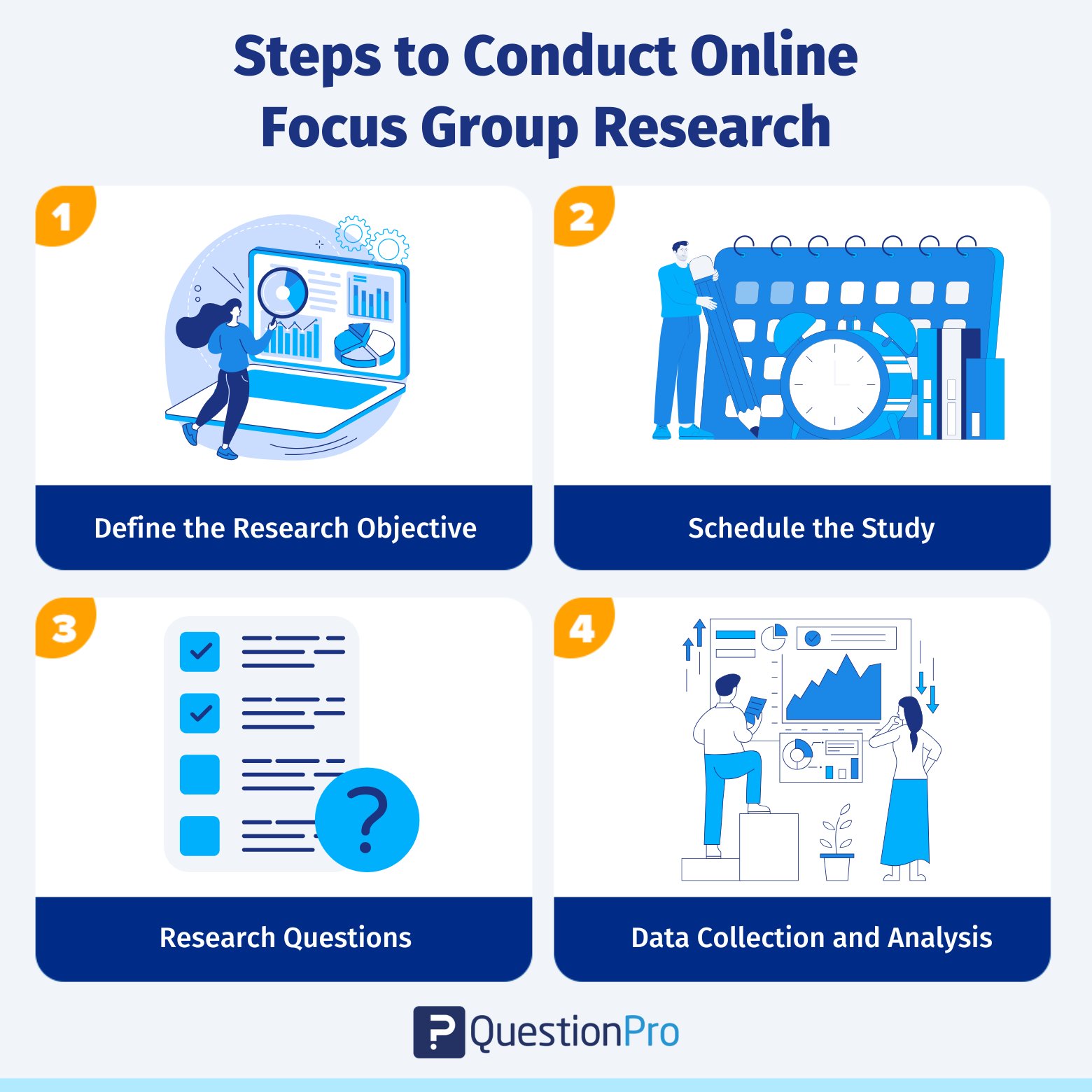
- Define the research objective – For the success of online qualitative research, it is essential to define the research aim so that it does not deviate from the central theme of the study. Defining the objective also helps to ensure that the qualitative data collected fulfills the researcher’s basic needs and the organization’s.
- Schedule the study – Bringing together people for online qualitative discussions is more accessible as it mitigates the need for a physical location. Since the talks are online, respondents can be brought together without geographical boundaries. It is essential to schedule the study in advance so that the participants, observers, and other stakeholders make it to the research on time.
- Research questions – It is important to gain insights into your basic research questions to get responses. These could be leading questions, qualitative questions, co-creating questions, and more. Putting your questions together offers structure to the online discussion and ensures you collect the insights you are looking for from the research study.
- Data collection and analysis—Since online focus groups are qualitative, collecting and analyzing your online qualitative data is very important. Drawing insights, trends, and sentiments from this study helps you meet your research objectives and goals.
LEARN ABOUT: Qualitative Interview
Best Practices for Managing Online Focus Groups
To conduct online qualitative research, you need to have the right tools to derive the right insights. Some best practices for managing an online focus group are:
- Preparation – Since online focus groups are remote, plan and prepare well. Track everything from time to tool, participants, questions, and data analysis to attain your research goals.
- Sampling – Sampling and getting the right people to an online focus group is essential. Use the proper sampling techniques and bring in a mix of customers and promoters to have a high data collection quality.
- Size – Like offline focus groups, the size of online focus groups needs to be between 7-10 participants to derive the best insights and are easy to manage.
- Moderation – As a moderator, decide the role you want to use in the research study to bring the best out of the respondents and drive conversations in a way that offers the best insights.
- Online focus group platform – The most critical aspect of online focus groups is the tool you use. Ensure you use the right research platform that serves your research objectives and offers the flexibility to analyze and report data.
Types of Online Focus Groups
Due to the nature of qualitatively oriented research, they are highly interactive. Even when external factors harm the study, you can conduct no-pause research insights by moving your focus groups online. There are two types of online focus groups. They are:
1. Synchronous or real-time online focus groups
As the name suggests, synchronous online focus groups happen in real-time at a predefined time. Such focus groups span 30-90 minutes and consist of 6-10 participants. A moderator curates these focus groups, and qualitative data is collected only for the duration of the online discussion.
Such studies use software, tools, and platforms. Since they are in real-time, participants can interact with each other and the moderator in real-time.
Synchronous online focus groups are most useful during concept testing and product or user research. A retail store looking to launch a new product on supermarket shelves and seeking feedback on the product’s packaging is an example of a synchronous or real-time focus group.
2. Asynchronous or bulletin board online focus groups
Asynchronous or bulletin board online focus groups are not in real-time and help with longitudinal tracking in online customer communities. This variant runs for weeks, days, and even years.
Users can respond to surveys and questionnaires, offer video feedback, and even post pictures, videos, and other rich media online. They can also interact with other users and moderators and help with insightful discussions in text, audio, and video.
Brands mostly use asynchronous or bulletin board online focus groups for co-creation with select audiences and brand promoters. An example of these types of focus groups is an apparel brand that launches a new clothing line and then takes long-term feedback on various aspects, including pricing, store and purchase behavior, competitor benchmarking, product trends, etc. With the help of a market research online community, the apparel brand can tailor its products in the short, medium, and long term.
LEARN ABOUT: Qualitative Research Questions and Questionnaires
Online Focus Group Questions
To conduct efficient online qualitative market research, asking the right set of questions is essential. The most common types of online focus group questions, with examples, are:
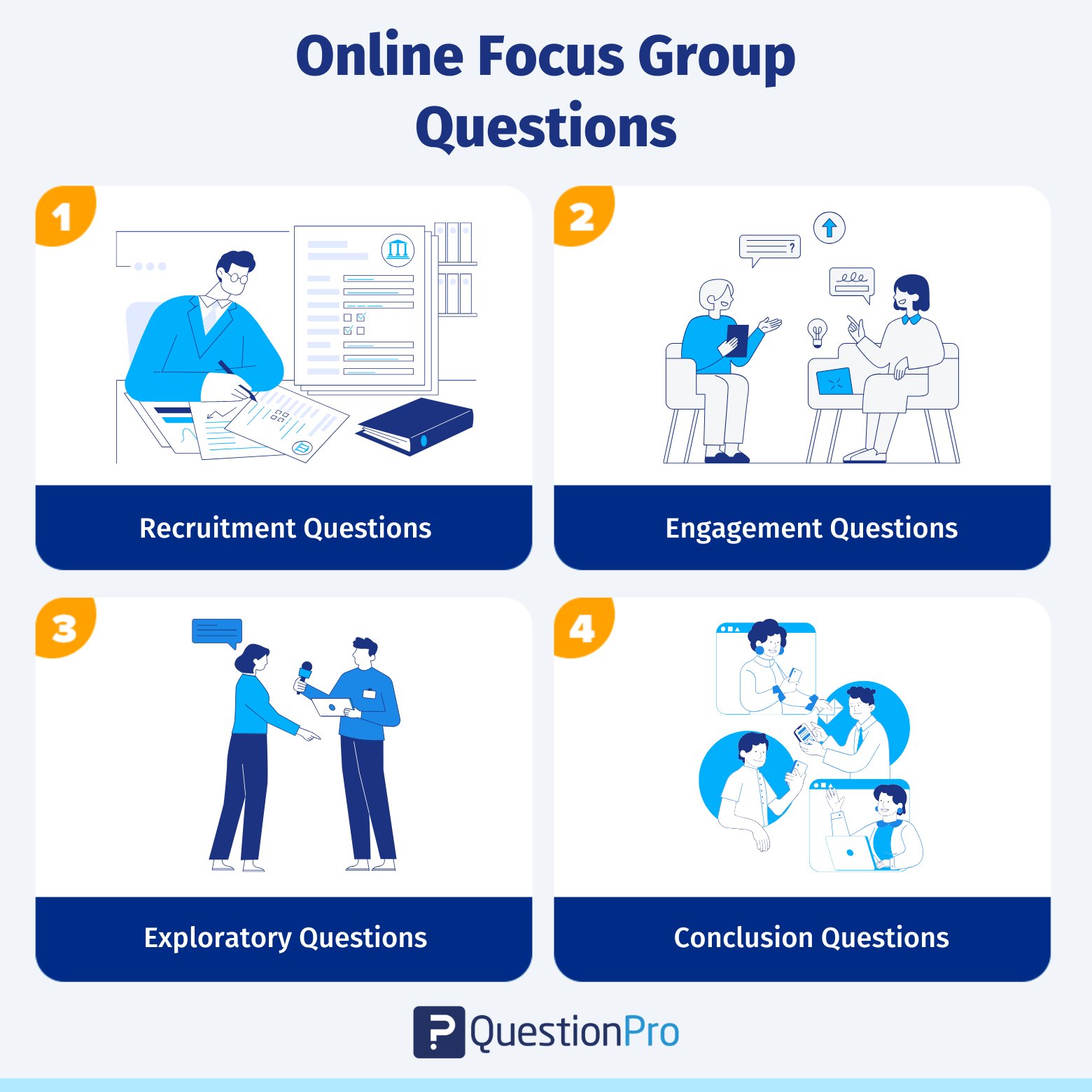
1. Recruitment questions
To target the right respondents, asking the right demographic questions is vital. The previously profiled respondents can join an online discussion using online community software. However, it is still best to ask the right questions to ensure you have the optimal respondents that add value to the online focus group study. An example of an online focus group recruitment question is – Please state your employment type. This question helps to filter optimal research respondents for a video focus group.
2. Engagement questions
The role of the community administrator or the online focus group manager is critical. Asking the right questions that elicit the insights that matter to the brand is an essential aspect of the online focus group. Following the plan and line of research, questioning is imperative to deriving optimal results. An example of an online focus group engagement question is – “How recently have you used your organization’s product? Please state your complete experience while using the product.“
3. Exploratory questions
Since online focus groups are virtual and not in person, it is crucial to make up for the lack of visual cues with exploratory questions. The online focus group moderator must ask the right probing questions in this scenario. Most exploratory questions are open-ended, and the administrator must ensure that the correct items are put forth to the audience. An example of an online focus group exploratory question is – What do you love about our organization or brand?
4. Conclusion questions
To ensure that the brand collects the most important insights – if any research tracks get missed during the online focus group, the administrator must ask the right conclusion questions to collect answers that require answering. In most cases, these are open-ended questions. An example of a conclusion question is: Is there anything else you want to add about your experience with this product?
Advantages of Online Focus Group Research
There are multiple advantages to conducting online focus group research. Some of the most notable benefits are:
- No-pause insights: They are conducted anytime, anywhere, and even if in-person focus groups are on hold. Hence, you can continuously monitor the qualitative insights from members that are most important to your insights collection.
- Offers another dimension to qualitative research: While focus groups have advantages, the ease of management of online focus groups offers tangible benefits and, hence, offers another dimension to qualitative research.
- Efficient and high ROI: A significant advantage of online focus groups is that they are conducted without physical barriers. There are no restrictions on time or place, and the costs are negligible. Additionally, there are no geographical and demographic restrictions with such research.
- Ease of analysis: Such tools make it easier to transcribe focus groups, take notes, convert to different languages, analyze sentiments, watch reruns, etc. The analysis of online focus groups also offers better reporting to all relevant research stakeholders.
- Paid online focus groups: Brands are increasingly conducting paid online focus groups to recruit and get insights from the people they can most likely co-create with. Due to the bonus of paid online focus groups, respondents are more likely to join, offer opinions and thoughts, and add value to the research process.
The most prominent advantages of moving your offline focus groups online are tangible, making it a choice for conducting online qualitative research for brands and researchers alike.
Conduct an Online Focus Group with the Software – QuestionPro Communities
Managing an online focus group is easy using a powerful platform and a tool like QuestionPro Communities. By using a comprehensive community management tool, you get access to run high-frequency studies and manage longitudinal studies. Not only that, but you can also get easy access to quantitative and qualitative data and make informed decisions for your brand.
QuestionPro Communities comprises multiple modules to help you better manage your online qualitative and quantitative research. With powerful qualitative modules like IdeaBoard, discussion platform, panel management, and rewards and incentives management, it offers the most out of it.
We recently conducted an online webinar on how to best manage online focus groups by using the right software.
Conducting focus groups online is, without a doubt, the future of research. It is easy to manage, powerful and offers a high ROI. Move your focus groups online and harness the true potential of online qualitative research.
Frequently Asked Questions(FAQ’s)
A: An online focus group is a virtual gathering conducted online to collect qualitative research insights from participants using specialized software.
A: Yes, you can conduct a focus group online using various online focus group software and platforms.
A: Yes, online focus groups are legitimate methods for gathering consumer insights and conducting market research.
A: Yes, many focus groups offer compensation to participants for their time and contributions.




